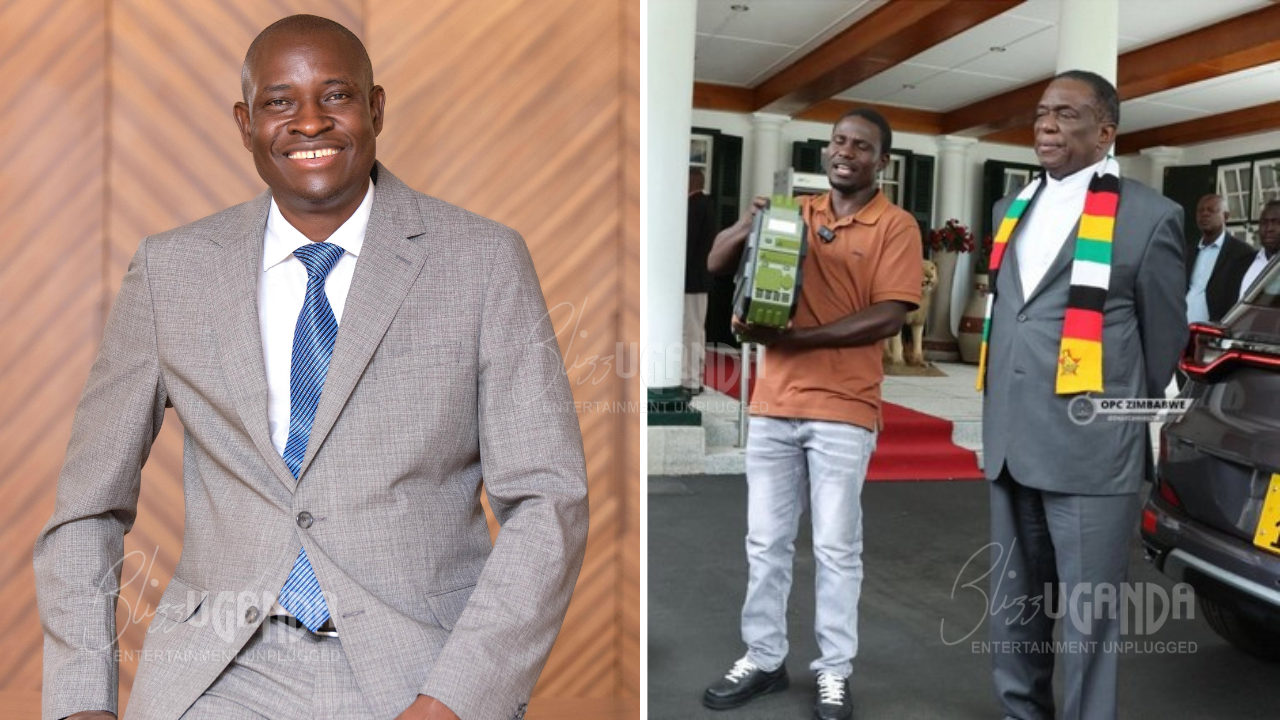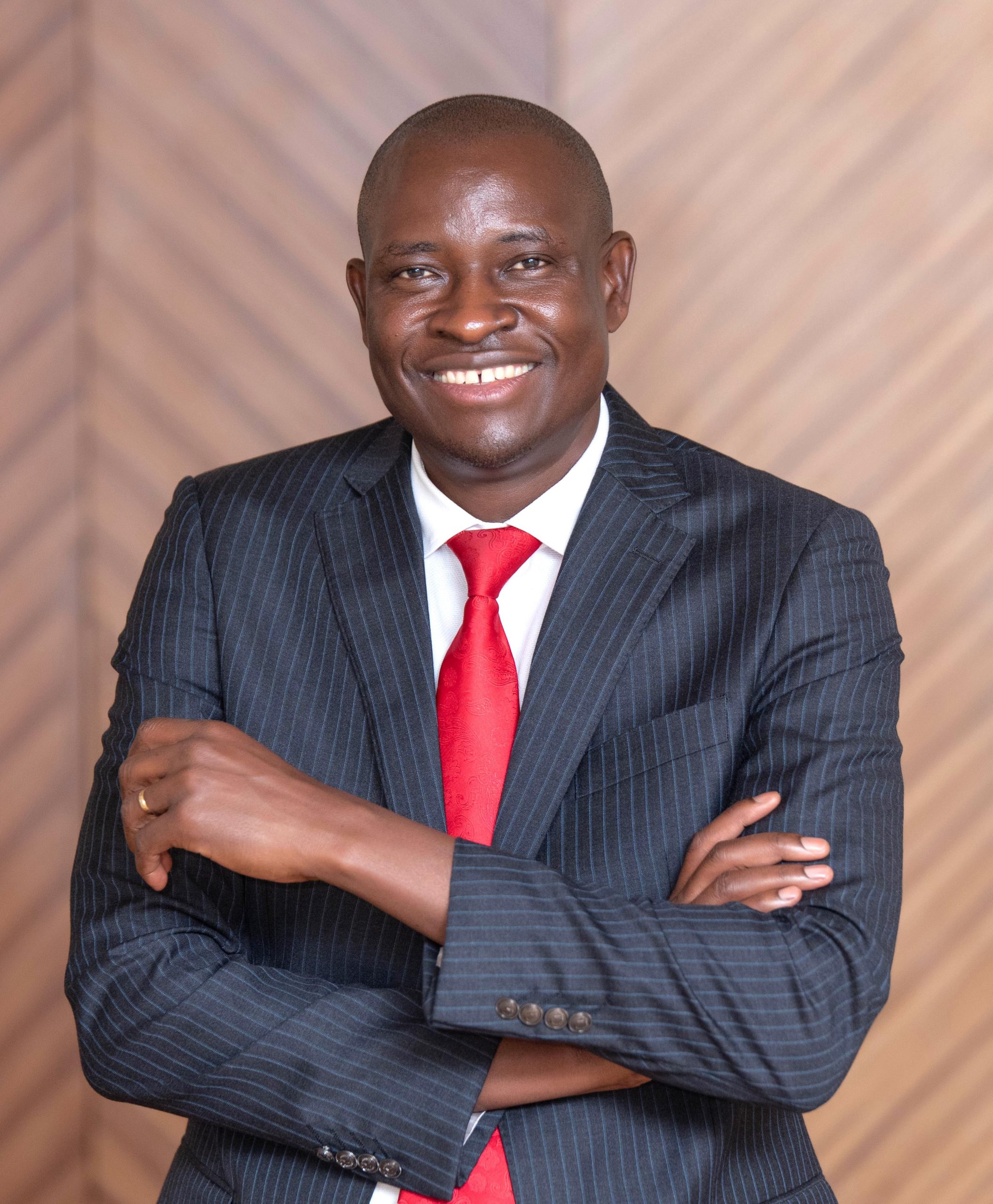
Self-proclaimed inventor Maxwell Chikumbutso is once again making headlines after meeting with President Emmerson Mnangagwa at State House on January 28, where he claimed to have developed a vehicle powered solely by radio frequency (RF) waves.
Chikumbutso, through his company Saith Technologies, has previously boasted of inventing "free energy" devices, including an RF-powered generator and vehicles. However, these assertions lack scientific validation, and experts have repeatedly dismissed them as pseudoscience. RF waves, they argue, do not carry sufficient energy to power a car, making his latest claim yet another in a long line of energy hoaxes.
Despite this, Chikumbutso's claims continue to circulate, fueled by social media misinformation and public enthusiasm for revolutionary energy solutions. His assertions bear a striking resemblance to past fraudulent schemes that promised miraculous energy breakthroughs but ultimately collapsed under scrutiny.
One of the most infamous cases was that of Stanley Meyer in the 1990s. Meyer claimed to have invented a water-powered car that could split water into hydrogen and oxygen with minimal energy input. After attracting significant investment, he was sued for fraud in 1996, and his “Water Fuel Cell” was exposed as a scam.

Similarly, Filipino inventor Daniel Dingel falsely insisted for decades that he had built a water-powered car, but never provided any scientifically valid proof. He was convicted of fraud in 2008. In 2008, the Japanese company Genepax briefly claimed to have developed a vehicle running on water, only to shut down shortly after admitting their technology was nonfunctional.
Other alternative energy scams include the so-called Kanzius Effect, in which saltwater was supposedly turned into fuel using radio waves, and Pakistan’s 2012 “water kit” hoax by Agha Waqar Ahmad, which claimed to power vehicles using only water. Both were later proven to be scientifically impossible.
Dr. Matthias Magoola, a Ugandan scientist and biotechnology innovator, warns against falling for such misleading claims.
“The public must be cautious of ‘inventions’ that defy the laws of physics,” he states. “If a breakthrough energy technology lacks independent verification, it’s likely a hoax. These scams undermine legitimate research and mislead those desperate for clean energy solutions.”

Without concrete evidence, his RF-powered car may be just another entry in the long history of energy hoaxes that have misled the public and investors alike.